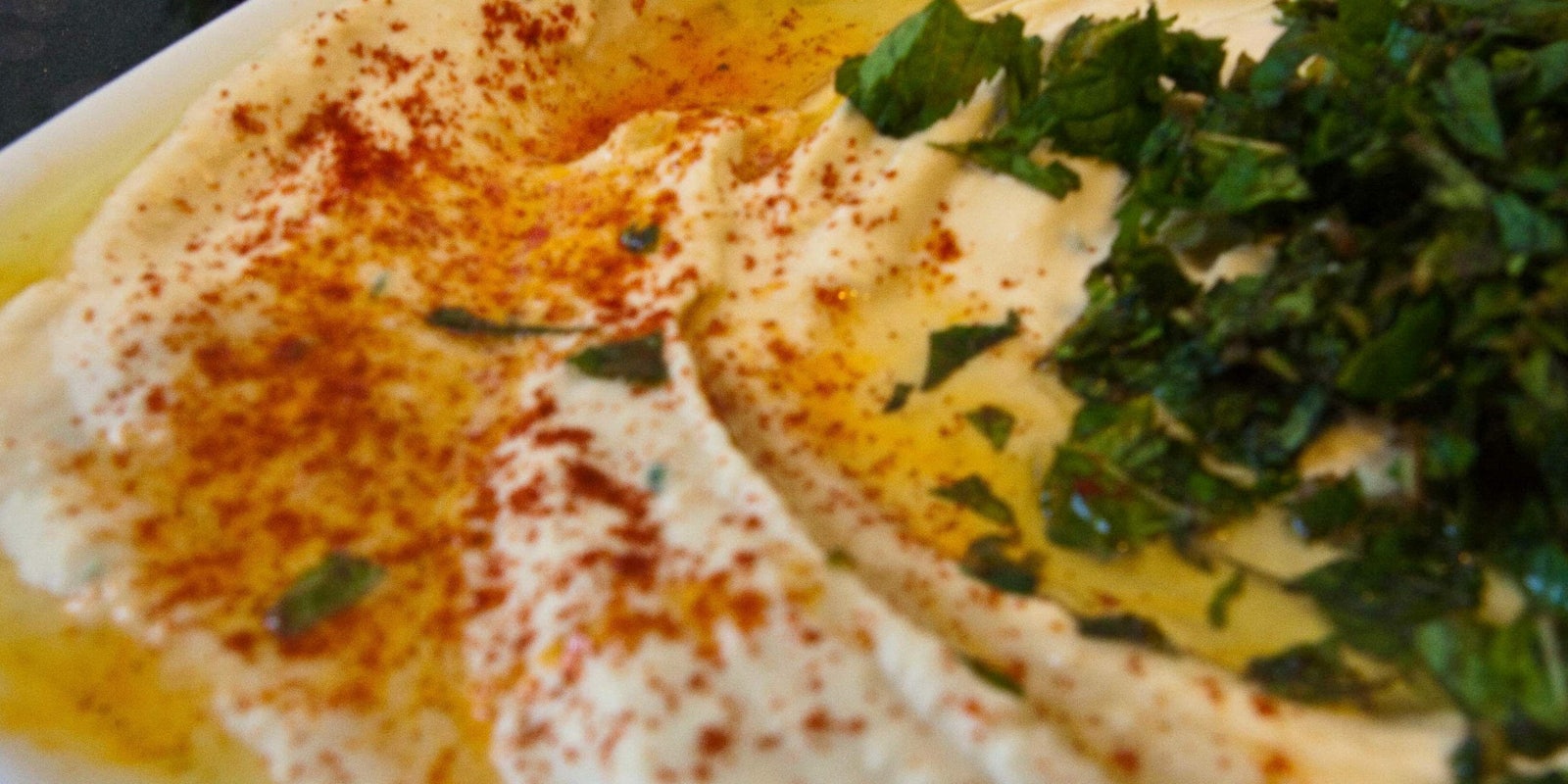The idea came to Susan Muaddi Darraj as she was cleaning her house. Her mind was running, ruminating over the overpriced hummus she’d seen at the grocery store earlier that day.
The Palestinian-American author then hopped on Twitter. As a half-joke, she offered her followers her “super-secret” hummus recipe so that people wouldn’t spend money on the inauthentic tubs sold at grocers. It didn’t take long before her tweet spiraled into a wonderfully long thread of people taking her up on her offer, some sharing their own variations.
“Hummus is what people ate in the Middle East because they were poor and couldn’t afford meat and it’s cheap protein and very nutritious and very good, and here it’s being gentrified and repackaged into this kinda stuff,” she told the Daily Dot about the brands you often see in the refrigerated aisle.
“What I’m trying to say is hummus can be made in your home in under five minutes in under $5.”
https://twitter.com/SusanDarraj/status/1113257003244314624
The tweet, which also mentioned it was Arab American Heritage Month, received over a dozen likes in a minute, Darraj said. She has since sent out her recipe to more than 100 people who contacted her.
As a Palestinian-American who grew up in Philadelphia and then moved to Maple Shade, New Jersey, Darraj hasn’t always had the same relationship with her culture’s food.
“When I was in school and my mother would pack [hummus for lunch], people would laugh at me, and I would hide it,” she says. “I would actually tell her to put it in a sandwich so nobody could see I had hummus. And now we have people putting it in their kids’ lunch boxes with carrot sticks, and it’s great.”
As a firm believer and supporter of experimenting with food, Darraj says she also notices different kinds of hummus being marketed that are not, well, hummus. Examples she says are hummus with no beans, or guacamole hummus or taco flavored hummus.
“It’s an experiment, but it’s not hummus anymore,” she says. Though she sees the value in fusion, as well as sharing each other’s experiences with food, she says food is the one thing immigrants often hold on to for generations.
“When you’re the child of immigrants, you start to lose parts of your culture,” she says. “The first thing that we lose is our language, the last thing that we lose is our food. [It] is one of the most accessible cultural points that people can access.”
The responses she has gotten are a testament to that. Her invitation on Twitter has led to many sharing their own family recipes.
“People access culture through food, like people are sending me their Irish stew recipes and I love it,” she says.
https://twitter.com/SusanDarraj/status/1113466668993396736
The experiment is also helping her expand her own knowledge of hummus as she’s known it. One person responded asking about an alternative ingredient due to a citrus allergy, so Darraj now says she will be experimenting with vinegar as one other user suggested as an alternative.
As with most things on the internet, she has received hateful messages as well, such as some people saying she could “make bombs” for Arab American Heritage Month, but she chooses to ignore them—she is used to it by now. She is focusing, instead, on the moment of unity this thread has brought for her.
“We’re not solving political problems around the world,” she says, “but we’re having fun and relating to each other.”


